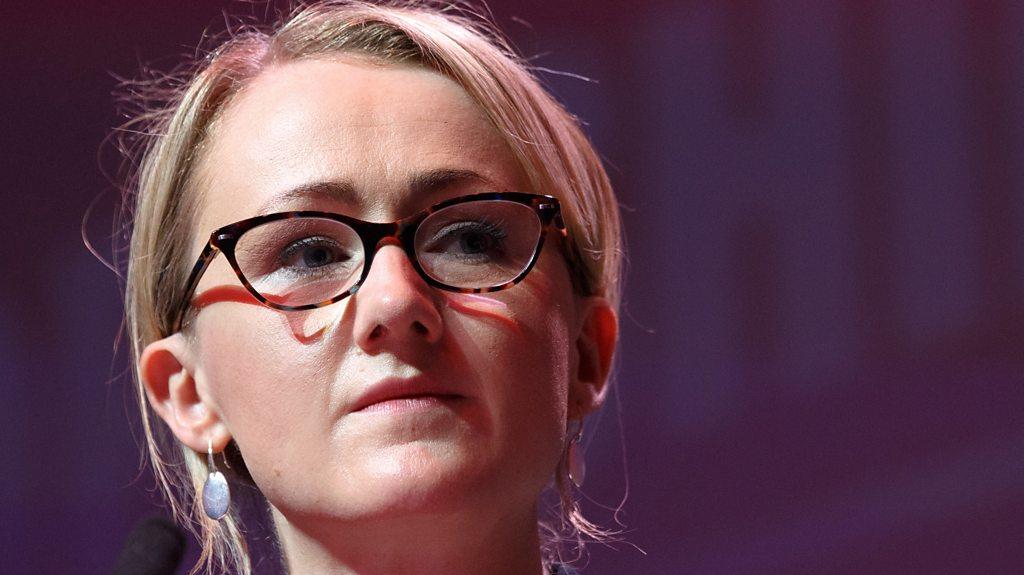Labour leadership: Members voting in three-way contest
- Published
- comments
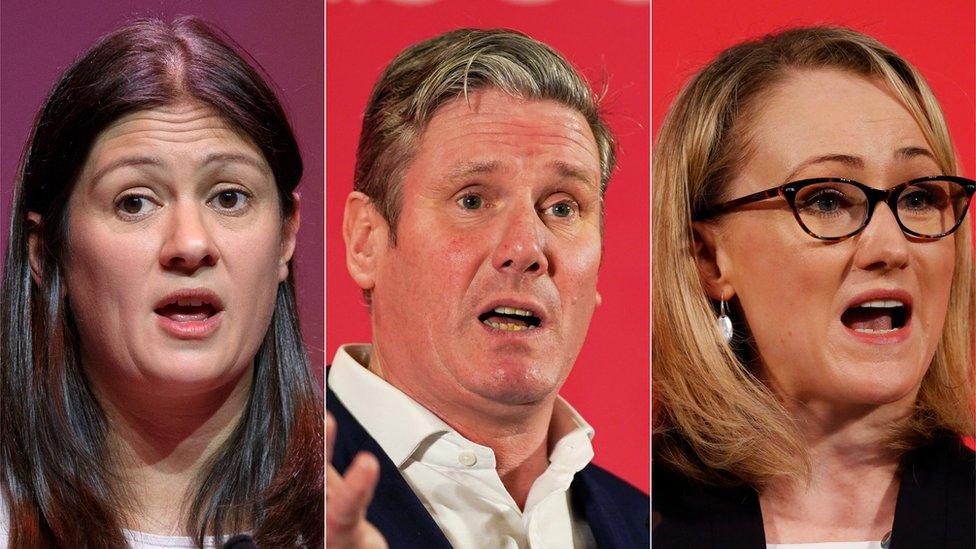
Labour members have begun casting their votes in the party's contest to replace outgoing leader Jeremy Corbyn.
Sir Keir Starmer, Lisa Nandy and Rebecca Long-Bailey qualified for the ballot after obtaining enough support from unions and affiliated groups.
The party is also choosing a new deputy leader, following Tom Watson's resignation in December.
Voting will close on 2 April, with the results announced at a special conference two days later.
Among those taking part will be 114,000 new members who have joined since December's election, where Labour won its lowest number of seats since 1935.
Members of affiliated trades unions and groups can also vote, as well as around 14,700 "registered supporters" who have paid £25 to take part on a one-off basis.
To qualify for the ballot, candidates needed support from three unions or affiliates representing 5% of the membership, or 33 constituency Labour parties (CLPs).
Sir Keir, the party's Brexit spokesman, is seen as the front-runner in the contest and has secured the most nominations from unions and affiliates, as well as CLPs.
He said the party needs to stop "taking lumps out of each other," adding that the "trashing" of former Labour governments "has to stop".
He told BBC Radio 4's Today programme: "We have to pull together and unite - and I feel that's where the membership is."
Shadow cabinet posts
He also attacked the government's latest immigration plans, adding that he would get rid of minimum salary thresholds as they were not "the right measure for people coming to this country".
Speaking at a members' hustings in Durham on Sunday, all three leadership candidates pledged to offer their rivals shadow cabinet posts if they are successful, and said they would happily serve in the winner's top team.
Sir Keir did not commit to offering roles to his rivals at a previous event last week.
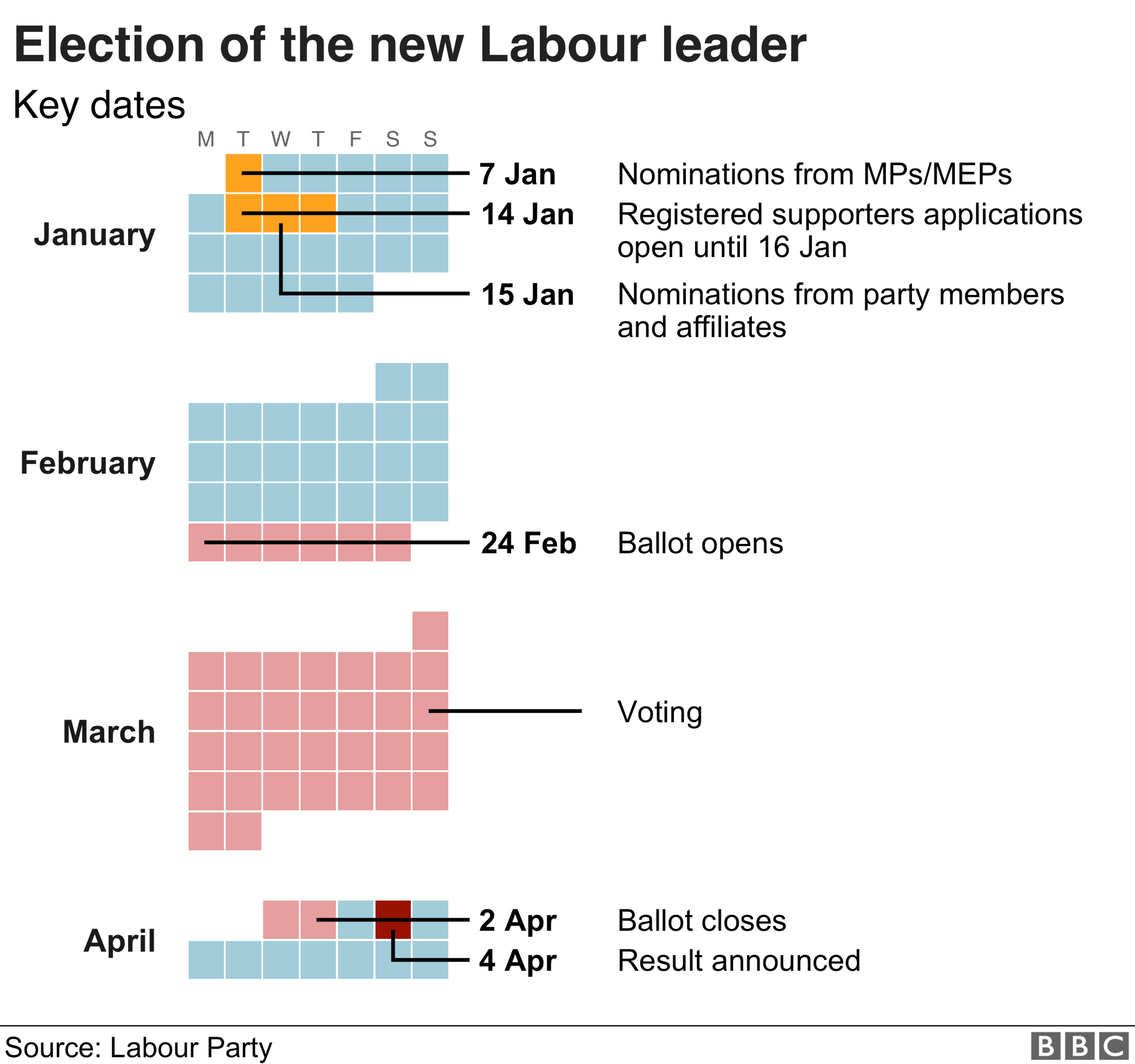

Writing for the Independent, external on Sunday, Wigan MP Ms Nandy said the party had previously treated voters concerned about immigration as "irrational or racist".
She added that the party would need to focus on devolving power around the country, rather than offering policies "devised by a small group of people behind desks in central London".
Also making her pitch to members before voting opened, Mrs Long-Bailey said the party should turn the next election into a "climate election".
Abbott standing down
In an Independent article of her own, external, the shadow business secretary said green policies could improve infrastructure and boost "well-paid, unionised jobs".
Meanwhile shadow home secretary Diane Abbott joined shadow chancellor John McDonnell in saying she will stand down from the shadow cabinet once a new leader is in place.
Mr Corbyn has said he would consider serving in the shadow cabinet if offered a job by his successor.
He said last week he would "see what it is" if offered a post, adding that he "didn't know" whether this would happen.
Jeremy Corbyn 'would consider shadow cabinet role'
Members and supporters can vote via email if they have registered an email address with the party, or if not using a postal ballot delivered to their home.
Voting works using a preferential system, with members ranking the candidates in order of preference.
If one fails to get more than half the first preference votes, the second preference votes of the lowest-ranked candidate are redistributed until the contest produces a winner.
The system is the same for the deputy leadership race, where shadow education secretary Angela Rayner is regarded as the frontrunner.
Shadow equalities minister Dawn Butler, Scotland's only remaining Labour MP Ian Murray, Tooting MP Rosena Allin-Khan and shadow justice secretary Richard Burgon have also secured their place on the deputy leadership members' ballot.
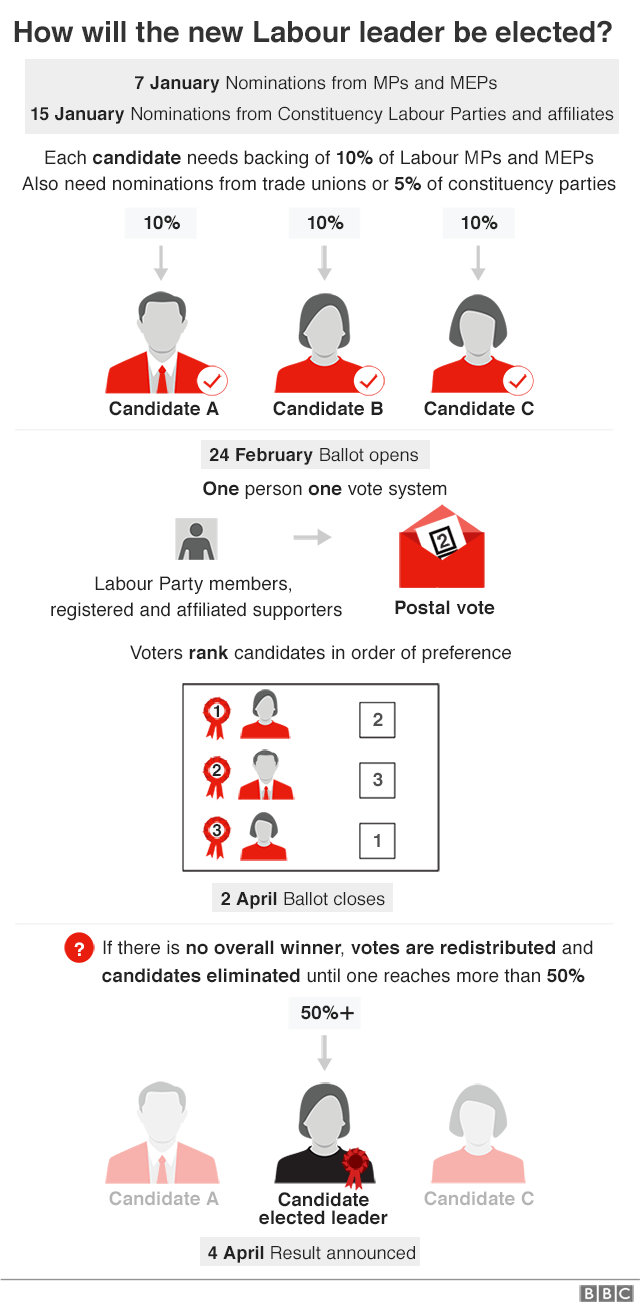

- Published10 February 2020
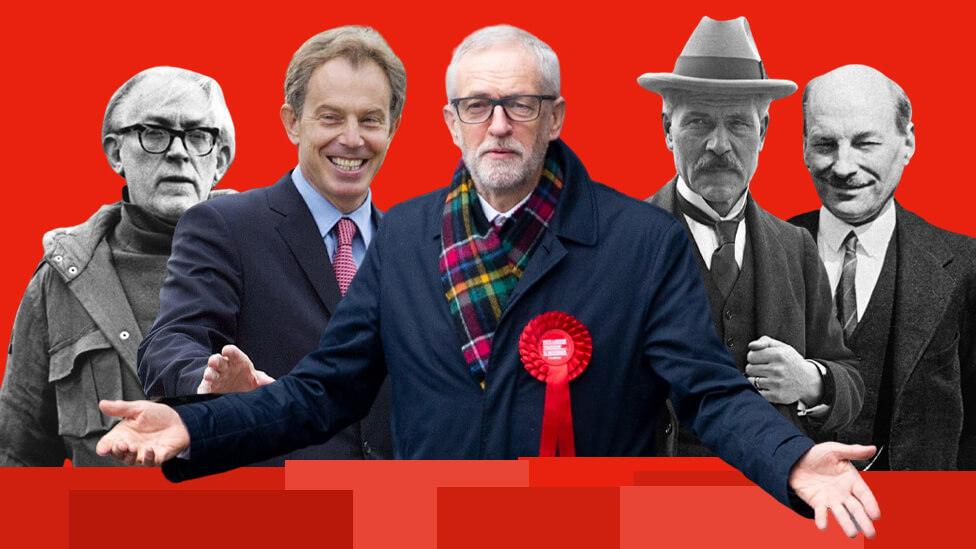
- Published4 April 2020
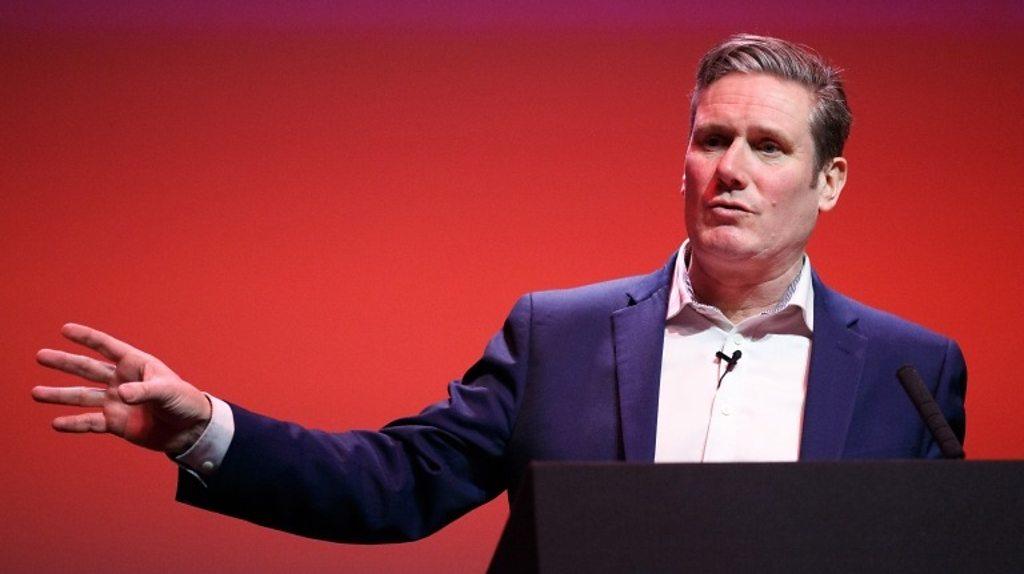
- Published19 February 2020
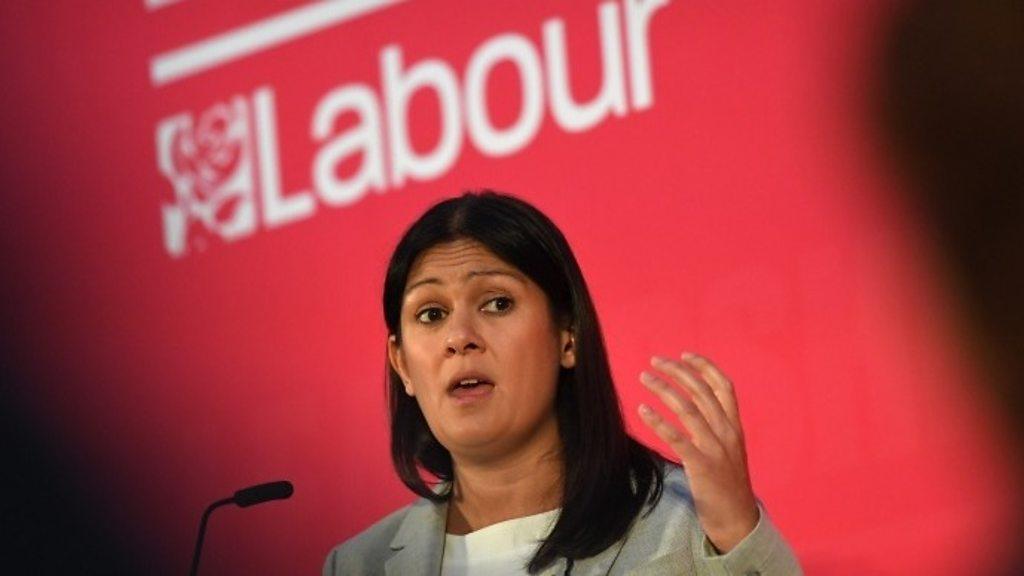
- Published18 February 2020
